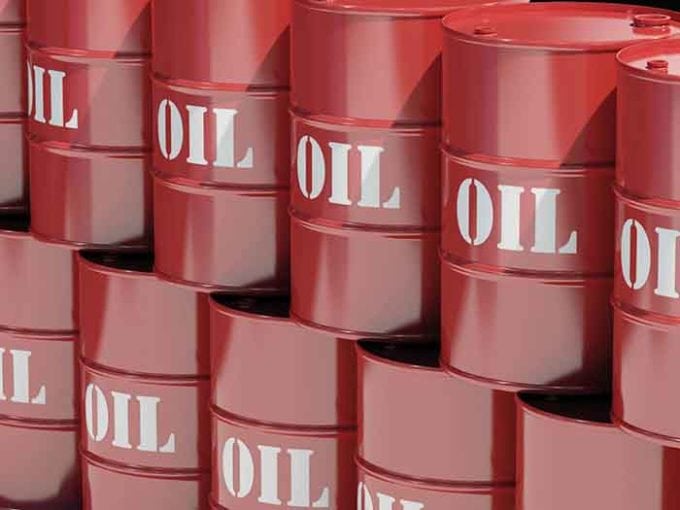The price of Brent crude oil fell to $62.79 per barrel on Wednesday, down some 10% from its high of $70.26, which it achieved last month for the first time since 2014.
The dip in price follows a warning from the IEA in its Oil Market Report published on Tuesday that “in 2018, fast rising production in non-OPEC (organisations of petroleum exporting countries), led by the US, is likely to grow by more than demand.”
“For now, the upward momentum that drove the price of Brent crude oil to $70/bbl has stalled; partly due to investors taking profits, but also as part of the corrections we have seen recently in many markets”, it said.
The IEA cautioned that “history might be repeating itself,” comparing the current situation to the first wave of US shale growth in 2014, which resulted in the collapse in oil prices in 2015.
After cutting costs dramatically, US producers have enjoyed a “second wave of growth extraordinary that in 2018 their increase in liquids production could equal global demand growth,” the firm said.
While this is a “sobering thought” for other OPEC members who have agreed to limit their production, so to is the fact that “trade patterns are changing.”
“Recently we read of a shipment of condensate from the US to the UAE,” the agency said. “Such a development would have seemed incredible a few years ago, now it looks like the shape of things to come.”
The Paris-based policy adviser fears that accelerated supply-side growth could lead to “underlying oil market fundamentals in the early part of 2018 [to] look less supportive for prices.”
Still, it said that demand currently looks strong and “the apparent buoyancy of the global economy could deliver higher demand growth than we currently anticipate.”
“As a result, prices could be maintained at recent levels even as US production rises. If so, most producers will be happy, but if not, history might be repeating itself.”










